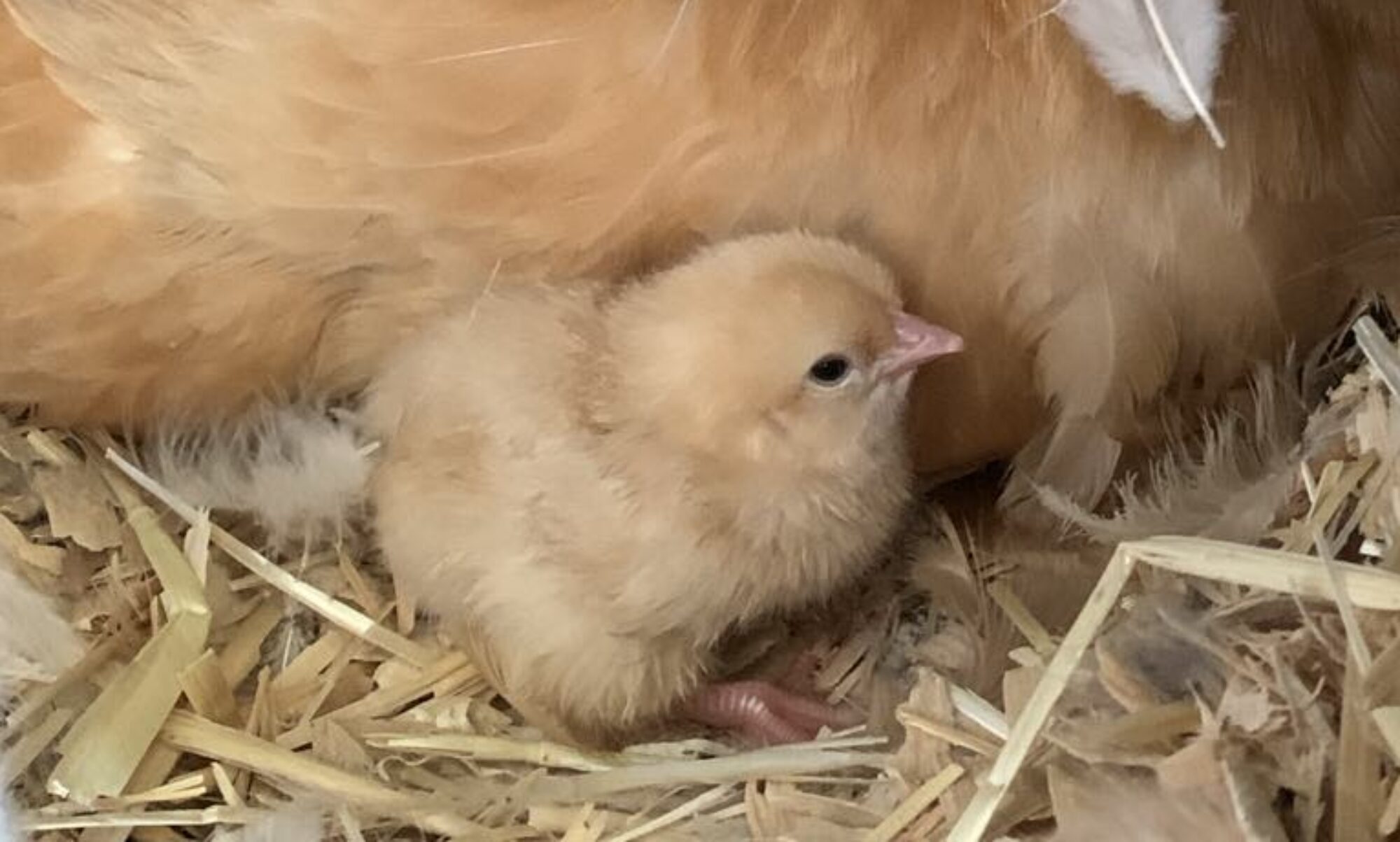I belong to a few goat and hobby farm groups on Facebook and really enjoy seeing all the new baby goats coming into the world. It’s also pretty cool to see new farmers and goat owners come on the horizon, whether it’s because people want to become more self-sufficient, teach the kids, fulfill a lifelong dream, or just because! Unfortunately, along with a lot of the learning comes some misinformation. As of late, I have seen some questions regarding the use of beet pulp in animals’ diets and some myths regarding its use.

Beet pulp is not a new product and has been used for many, many years as a supplemental feed by farmers. It is a good source of fiber, energy and calories that can be fed to horses, goats, cattle and sheep. For those of you new to beet pulp, this is a by-product of the sugar beet industry. Once the sugars have been rendered from the sugar beet, the pulp is what remains. The sugars find their way into human foods and the beet pulp finds its way into animal feed. It’s very likely that if you feed your goat or horse a commercial feed, one of the ingredients just might be beet pulp. Heck, you can probably find it listed in your dog’s food too!

Beet pulp is considered a forage food, something more along the lines of alfalfa, hay, or pasture grasses. Its fiber is different than the fiber in alfalfa or pasture in that it appears to be more easily digested and is processed faster. This faster processing provides for a boost of energy. Beet pulp is also higher in calories making it a good supplement for those animals who are hard to keep, or older animals that may benefit from putting on a little extra weight. Although beet pulp is a by-product of the sugar beet, the pulp itself is not high in sugar or starch, instead providing energy from complex carbohydrates. This makes it an acceptable choice for those horses who are affected by insulin resistance – IR, or Polysaccharide Storage Myopathy (PSSM).
Beet pulp does contain more calories than an equal amount of grass hay and is therefore a good supplement for the animal that is hard to fatten up. Often older animals just don’t eat enough to keep the weight on, especially in the winter. Beet pulp is a good supplement for these animals as pound for pound it is higher in calories than alfalfa or grass hay. It is not a complete feed and should not be fed alone, but works good as a supplement when needing to add calories or an energy boost.
Beet pulp comes in two forms, shreds or pressed pellets. These can be fed to your animal dry or soaked. One of the myths you might hear is that you MUST soak beet pulp or else once in the animal’s stomach it will expand and cause bloat or impaction, or maybe even cause the stomach to explode. This is simply not true. As soon as animals swallow their food, digestion and the breakdown of food begins. More than likely, cases of bloat, impaction or the animal choking, were because of being overfed, the animal eating too fast, or sudden changes to the animal’s diet. I have fed dry pellets and shreds to my goats, horses, cow and even rabbits. None of them have had any issues. I do need to mention that the beet pulp pellets are pressed and hard. For this reason, when I was unable to acquire pulp shreds, I did soak some pellets for my older (15 years) goat to make it easier for her to eat. Some folks will also add molasses or buy beet pulp with molasses already added just because it’s a little more palatable, but that’s not necessary either. To soak either the shreds or pellets, put the desired amount of feed in a bucket and cover with water. It only takes about 20 to 30 minutes for the pulp to soak up enough water to be easier to eat. You can soak it longer and the result will be more the consistency of a mash. The added water that the animal will consume when eating soaked beet pulp is not a bad thing as additional water intake is often needed, especially in the winter.

I add beet pulp to my animals’ diets mostly in the winter when additional forage is hard to find, just mixing some in with their regular feed. On a particularly cold day I might throw a couple handfuls out as a mid-day treat, or just before bedtime in an effort to provide some extra energy and warmth.

I am a believer in variety in my animals’ diets. In the wild our animals would not eat the same ole commercial feed or hay day in and day out, and I certainly wouldn’t want to eat the same thing every day. Don’t be afraid to consider beet pulp as an additive or supplement to your animal’s diet. As with everything, be sure to read labels, consider your individual animal’s health and any special needs, and consult your vet.
Sources:
https://goats.extension.org/goat-nutrition-gi-tract/
https://thehorse.com/18818/pros-and-cons-of-feeding-horses-beet-pulp/
https://www.goatfarmers.com/blog/nutritional-value-beet-pulp-goats%2F
https://equusmagazine.com/horse-care/feeding-beet-pulp-26851


